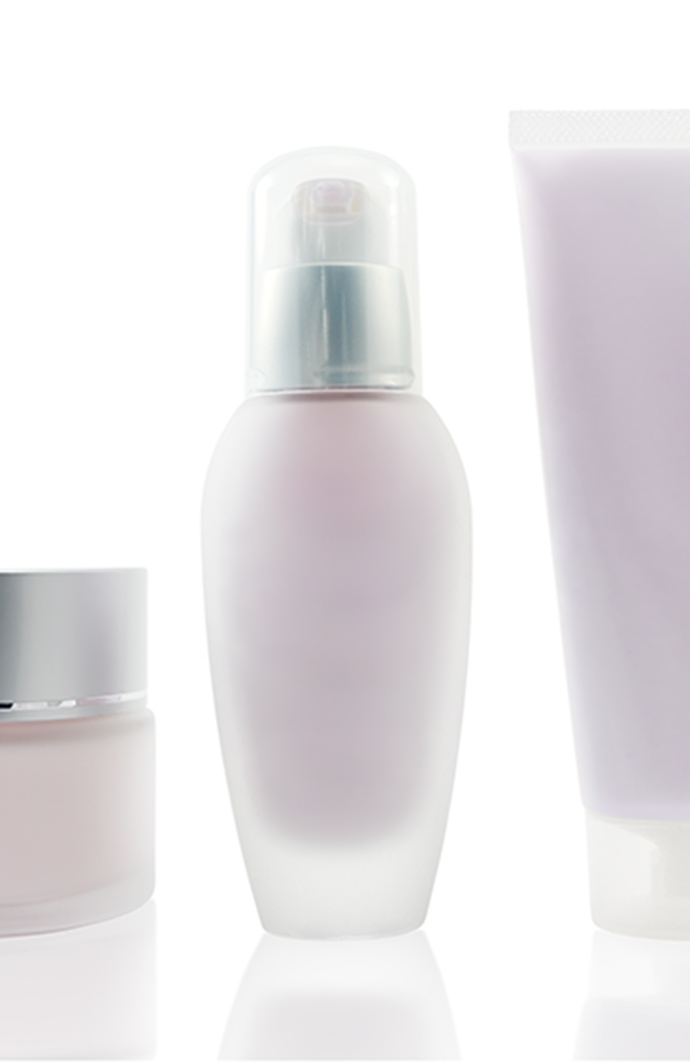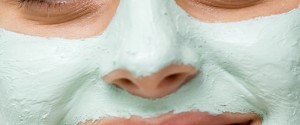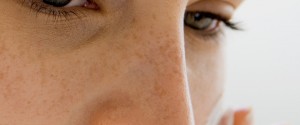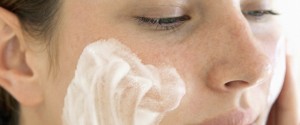Oils

Although most people know that oils are a large part of the cosmetic industry, not everyone knows exactly what a facial oil is, or what it does. Any synthetic oil or non-fragrant plant oil may be used anywhere on the body, but facial oils are tailored to meet the specific needs of the skin on the face. Oil products contain essential fatty acids that your skin needs to ensure it remains properly hydrated. Oil also helps protect against over-cleansing, dry climates, and extreme temperatures, all of which help keep your face well protected and maintained.
Who is it good for?
Facial oils are ideal for people who have dry skin and are having difficulties with their moisturizer, particularly during the winter months. Mixing in non-fragrant plant oil might be the exact thing your skin needs to keep it looking hydrated and fresh, although you can also use synthetic oils as well.
These oils are excellent at adding moisture to the skin. People with oily skin may be hesitant to add extra moisture to their skin. Should they avoid facial oils? Surprisingly, it is possible to fight oil with oil. The oil that your skin produces is significantly different than pure plant oils. A quality face oil will replenish your skin with the essential moisture and fatty acids it needs, and will help restore balance to the overactive sebaceous glands that produce sebum, the type of oil that causes breakouts and clogs pores. Most oils lack the complete picture of antioxidants and other elements, however, so it may not be wise to switch to a face oil from a well-formulated moisturizer. If you have skin damage like acne, rosacea, wrinkles, and sun damage, you will need a combination of products to treat your skin. Oils can contribute to better-looking skin, but you will need to add in other elements to get complete coverage.
Compare
So which facial oils are the best? When you buy a facial oil, you get what you pay for. Cheaper facial oil products are less refined and contain more additives and fillers. More expensive oils are more effective because they are purer. While there may not be a best oil, per se, there are oils made to help fight different conditions. If you have acne, try tea tree oil, sold at the Body Shop. Studies have shown that as little as 5% tea tree oil is just as effective as treating acne with benzoyl peroxide. If you already have oily skin, try grapeseed oil. It helps regulate your natural oil production and is packed with antioxidants. If you want to fight the effects of aging, try argan oil. It contains a high concentration of fatty acids and vitamin E and you only need to apply a small amount for it to be effective. Lastly, if you have sensitive skin, try chamomile oil. It soothes irritation and redness in seconds and helps calm your skin. You should try it on your wrist or arm first, however, because it is often grown around weeds. The last thing you want is to apply it to your face and then have an allergic reaction.





